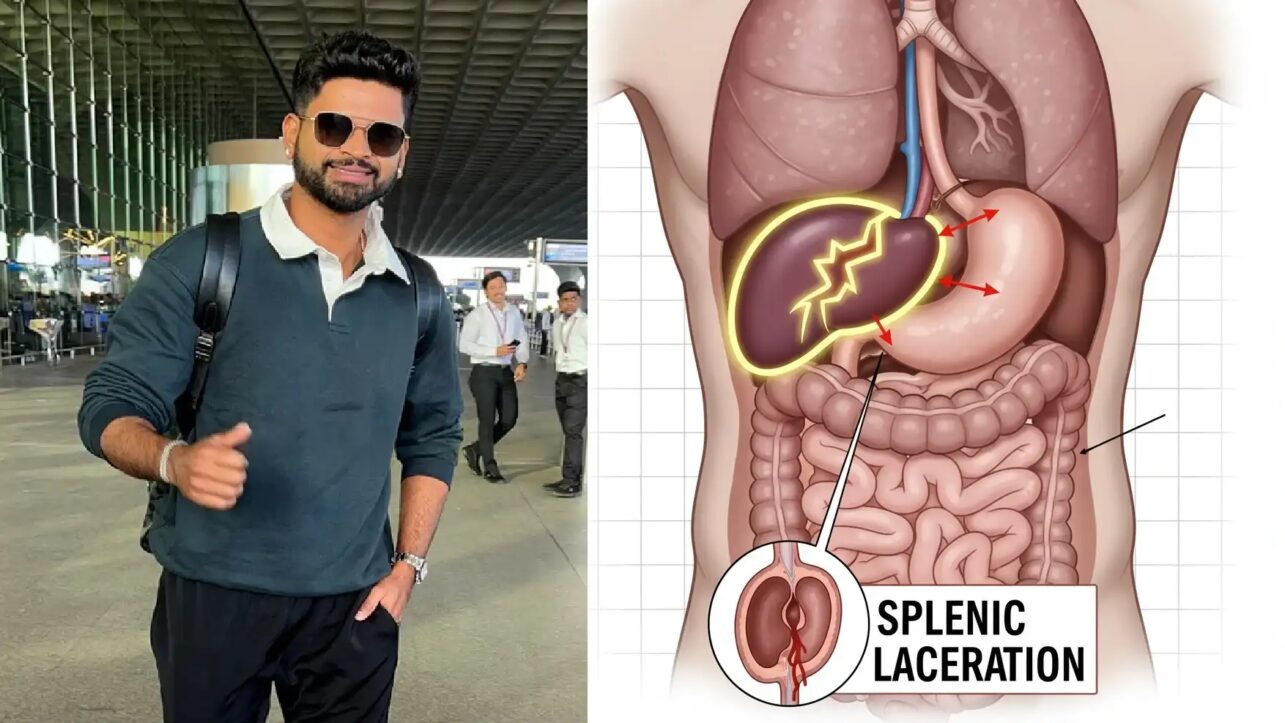In a major advance for colorectal cancer care, the ALASCCA trial, a large Nordic randomized, placebo-controlled, double-blind study involving 626 patients with surgically treated early-stage colorectal cancer, has shown that daily low-dose aspirin (160 mg) for three years can cut the risk of cancer recurrence in half, but only for patients with specific genetic mutations in the PI3K pathway. These mutations, including PIK3CA exon 9/20 and other PI3K pathway alterations, are present in about one-third of colorectal cancers. Aspirin reduced the three-year recurrence rate from approximately 15% to 8% in these patients, with hazard ratios around 0.4 to 0.5, signifying a strong protective effect.
Researchers believe aspirin acts by targeting multiple tumor-promoting mechanisms, such as blocking PI3K signaling that drives cancer cell growth, reducing inflammation, limiting platelet activity that aids cancer spread, and inducing tumor cell death. The PI3K pathway is among the most frequently mutated pathways in colorectal cancer and plays a critical role in controlling cell division and survival.
The findings have now been incorporated into updated clinical guidelines, including the NCCN 2025 recommendations, which advise PI3K mutation testing for eligible early-stage colorectal cancer patients. Patients with these mutations should discuss with their oncologists the potential benefits and risks of adding aspirin as an adjuvant therapy to help prevent cancer recurrence. While aspirin is cheap, globally available, and has a well-known safety profile, it carries an increased risk of bleeding that requires careful patient selection, especially in vulnerable populations.
“Aspirin is being tested here in a completely new context as a precision medicine treatment. This is a clear example of how we can use genetic information to personalize treatment and at the same time save both resources and suffering,” said study lead Dr. Anna Martling, professor at Karolinska Institutet. The ALASCCA trial’s robust design and scale underscore aspirin’s promise as a precise and affordable adjuvant therapy to reduce colorectal cancer recurrence in patients with PI3K pathway mutations.
Future research is focusing on optimizing aspirin treatment duration, integrating genetic testing into routine clinical practice, exploring aspirin’s efficacy in other molecular cancer subtypes, and combining aspirin with novel therapeutic agents to further improve outcomes. Globally, colorectal cancer affects nearly 2 million people annually, and recurrence rates after surgery approach 30-40%, meaning aspirin could have a significant impact in reducing relapse and improving survival.
Safety data from the trial reported slightly higher bleeding events in the aspirin group but overall manageable adverse effects, underscoring the importance of balancing benefits and risks when considering aspirin in this context.
The detailed results of the study are published in The New England Journal of Medicine and registered under clinical trial number NCT02647099, adding to the growing evidence supporting aspirin’s role in personalized cancer treatment.
This breakthrough exemplifies how an old, well-known drug can find new life in the era of precision medicine, offering hope to many colorectal cancer patients worldwide.





















